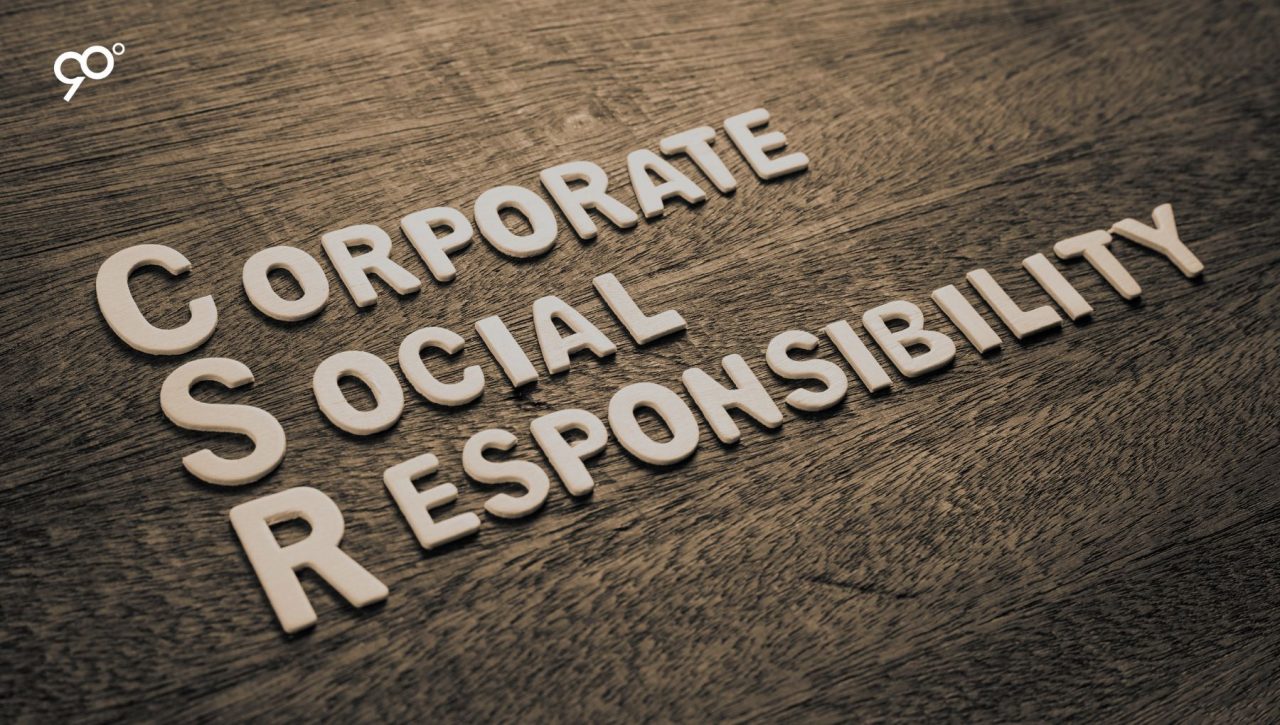
Corporate Social Responsibility (CSR) has undergone a profound transformation over the past few decades. What began primarily as a means for companies to raise awareness about social and environmental issues has evolved into a comprehensive strategic approach focused on measurable impact and sustainable change. This evolution reflects both shifting societal expectations and the growing recognition that businesses play a critical role in addressing global challenges.
Early Days: Awareness and Philanthropy
Historically, CSR efforts largely centered on philanthropy and raising awareness. Companies would donate funds to charitable causes or sponsor community events, primarily to improve public image and fulfill a sense of corporate duty. These activities, while valuable, were often isolated from core business operations and lacked clear metrics for success.
Moving Toward Integration and Strategy
Over time, the approach to CSR began to shift. Businesses started integrating social and environmental considerations into their overall strategy rather than treating them as separate initiatives. This shift was driven by several factors: increasing consumer demand for responsible business practices, investor interest in sustainability, and a clearer understanding that long-term business success is intertwined with the health of society and the environment.
As a result, CSR became more aligned with corporate goals, such as reducing environmental footprints, improving labor practices, and fostering community development in ways that also support business growth.
The Rise of Impact-Driven CSR
Today, the focus has moved beyond awareness to measurable impact. Companies are implementing CSR strategies that produce tangible, verifiable outcomes. This means setting clear goals, measuring progress with key performance indicators (KPIs), and transparently reporting results to stakeholders.
Impact-driven CSR often involves partnerships with nonprofits, governments, and other organizations to address complex challenges such as climate change, inequality, and education. It also requires companies to examine their entire value chain—from sourcing materials to product lifecycle—and identify ways to operate more sustainably and ethically.
Technology and Data as Catalysts
Advances in technology and data analytics have accelerated this evolution. Companies now have access to tools that allow them to track environmental emissions, assess social impact, and engage with communities in real time. This data-driven approach enables more informed decision-making and accountability.
Digital platforms also enhance transparency by providing stakeholders with accessible information on CSR efforts, fostering trust and collaboration.
The Business Case for Impactful CSR
Beyond ethical considerations, there is a strong business case for moving from awareness to impact. Customers increasingly favor brands with authentic CSR commitments. Employees seek purpose-driven employers, and investors are factoring Environmental, Social, and Governance (ESG) criteria into investment decisions.
Companies that demonstrate real impact can differentiate themselves in competitive markets, mitigate risks, and unlock new growth opportunities.
Looking Ahead: Continuous Evolution
CSR strategy will continue to evolve as societal challenges and business landscapes change. The future points toward deeper integration of CSR into corporate governance. It shows greater collaboration across sectors, and innovative solutions that balance profitability with purpose.
Organizations that embrace this evolution and commit to impactful CSR will not only contribute to a better world but also build resilience and relevance in a rapidly changing economy.
Follow Ninety Degrees PR Solutions on LinkedIn for more public relations and communication related articles.







